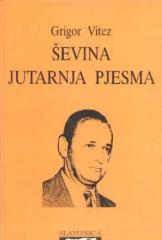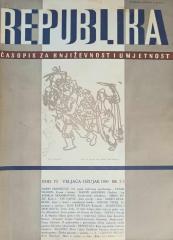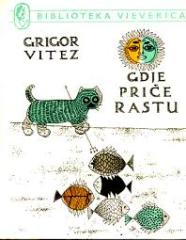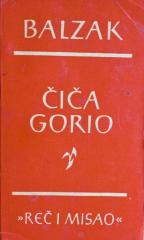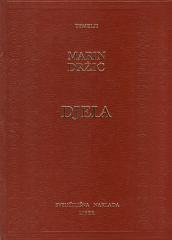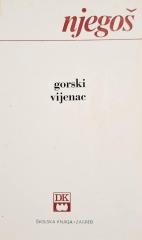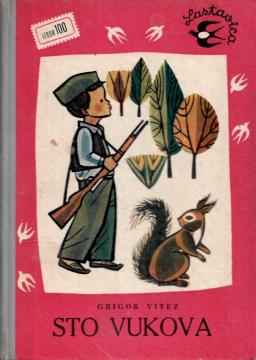
Sto vukova
Grigor Vitez (1911–1966), one of the most beloved Croatian poets for children, published the collection "One Hundred Wolves and Other Poems for Children" in 1957, which quickly became a classic of children's literature.
This collection of about 90 pages, illustrated by talented artists such as Hasan Sućeska, contains over 50 short, rhythmic poems that celebrate childhood through wordplay, humor, and a love of nature. The knight, inspired by the Slavonian countryside and wartime experiences, creates a world where everyday life turns into magic, stimulating imagination and sensitivity.
The collection opens with the poem of the same name "A Hundred Wolves" - a witty dialogue between little Jova and a skeptical friend. Jova boasts of encountering "exactly a hundred wolves" in the forest: "Teeth terrible, eyes shining, and howling, howling..." But under the pressure of the question ("Isn't it...? How did you count them?"), the number melts away: "Not exactly a hundred... maybe fifty... ten... two!" In the end, the truth is revealed - just a mouse hiding in the forest, and Jova admits his fear. The poem uses hyperbole, gradation, and repetition for humor, mocking boasting and exaggeration, with the message: "In fear, eyes are big." This structure—a reverse gradation from panic to laughter—is ideal for recitations.
The other poems continue in the spirit of joy and discovery: "Quail" celebrates birds and spring, "One Day" follows a child's day full of games, "Wind" personifies the elements of nature as friends. The themes are universal – fear and courage, love for animals (wolves, mice, birds as symbols of freedom), the cycle of life, an imagination that transcends reality. Vitez's style is simple but rich: rhyme and rhythm are reminiscent of folk songs, metaphors from everyday life (the forest as an adventure), and the language is close to children's – short verses, onomatopoeia ("they roar, howl"). There is no moralizing; the messages are subtle, through fun.
The collection is part of Vitez's "golden age" of children's poetry (the 1950s), along with "If Trees Walked" and "One Morning in the Grove". It teaches children critical thinking (to doubt stories) and empathy for nature, while reminding parents of the magic of childhood. Today, it is read in schools for speech development, and its warmth lasts for generations – proof that true poetry grows like a forest full of wonders.
One copy is available
- Slight damage to the cover
